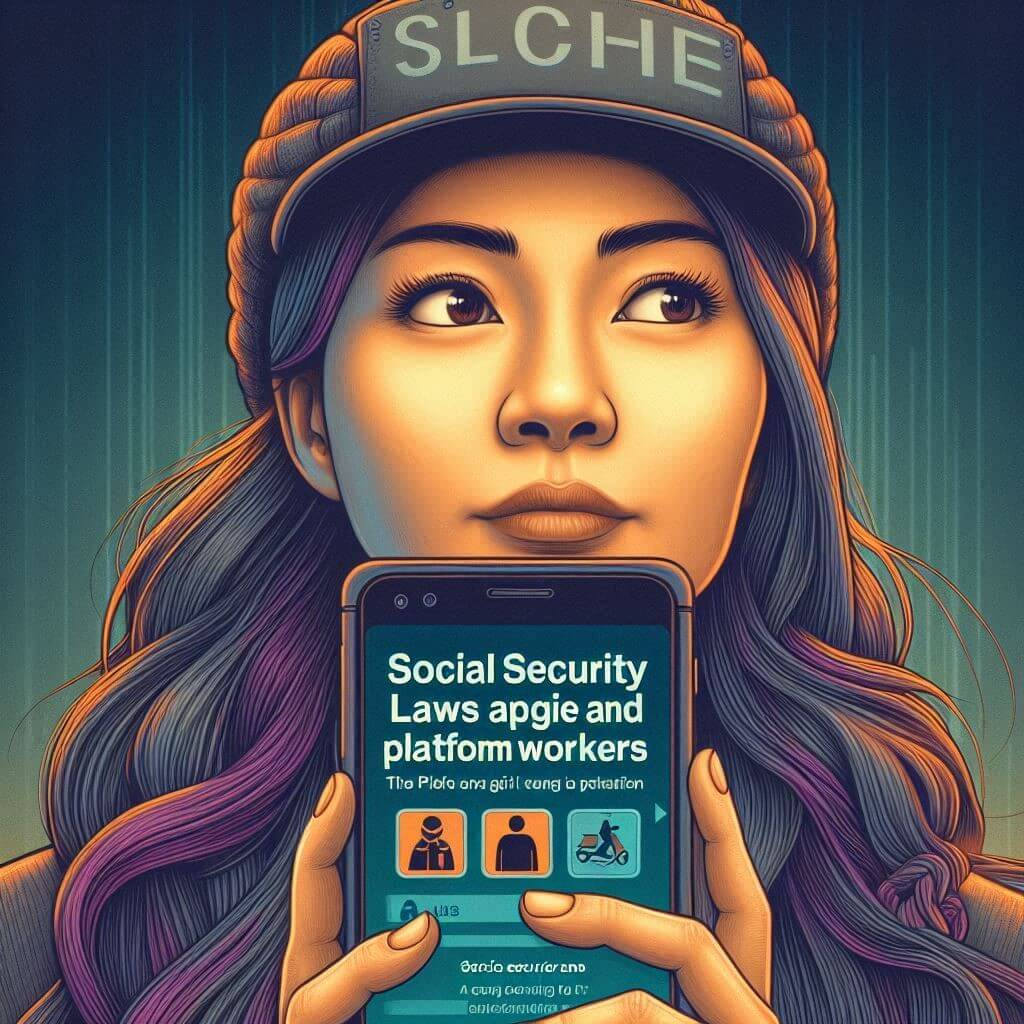The Code on Social Security, 2020 marks a revolutionary step in including gig and platform workers under social security schemes.
Key Provisions:
- Recognition of Gig Workers: Gig workers, such as those on ride-hailing platforms or food delivery apps, are now recognized under law.
- Social Security Benefits: Schemes will cover provident fund, health insurance, and maternity benefits, though the contributions may vary based on employment contracts.
- State and Central Schemes: Both central and state governments can formulate specific social security schemes for gig and platform workers.
Impact on Businesses:
- Cost Sharing: Companies relying on gig workers may be required to contribute to social security schemes, increasing operational costs.
- Legal Accountability: Digital platforms must ensure that they comply with social security provisions for gig workers, making HR compliance more challenging.
Disclaimer: The information provided on this blog is intended for general informational purposes only and does not constitute legal advice. The blog is not a substitute for professional legal counsel. Please consult with a qualified lawyer to obtain advice regarding your specific legal situation.
The author of this blog makes no representations or warranties as to the accuracy, completeness, or reliability of the information contained herein. The author shall not be liable for any damages or losses arising from reliance on the information provided.
The views and opinions expressed in this blog are those of the author and do not necessarily reflect the views of any other person or entity. The author reserves the right to modify or update the information contained in this blog at any time.
It is important to note that labour laws can be complex and subject to change. Please consult with lawyer to ensure that you are complying with all applicable laws and regulations.

